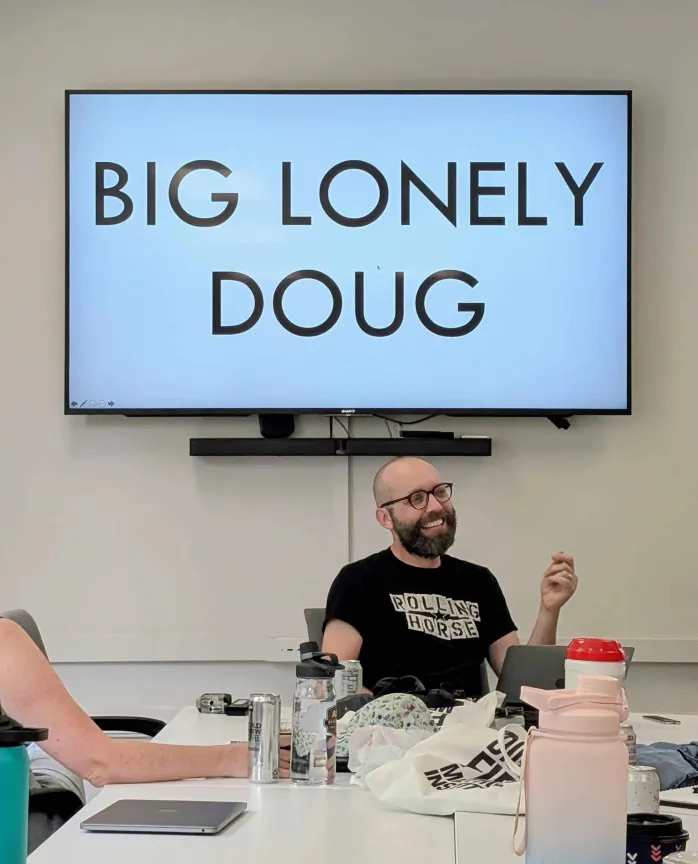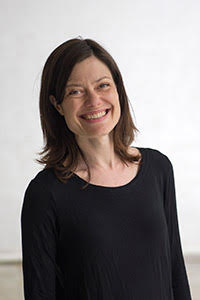DFMI 2024

Week 1 [Online]: July 1-5, 2024
Week 2 [On-site at the University of Texas at Austin]: July 8-12, 2024
Light. Sound. Immigration. Information. Heat. Communication. Radiation. Crime. And on and on and…As with any body of water, movement stretches through and surfaces the ebbs and flows of resonance, of legibility, of change. We are, in short, awash in waves. Waves carried our species to the shores and continue to ripple through all aspects of our existences. Waves, then, will direct our questions and practices for DFMI 2024. As researchers, how do we identify, track, predict the waves that carry our objects of inquiry? What models, modes, and media should we adopt and/or adapt to examine and explore the flows of events and circumstances? How might we inventory the deluge and clamor, the refractions and returns, the rhythms and intensities that shape our practice?
2024 Speakers
Anchoring the workshops, DFMI 2024 featured a series of keynote speakers whose work intersect with and challenge traditional research methods, each offering concepts and practices that compel methods to swerve towards inventing new modes of inquiry.

Dr. Doug Tewksbury
Associate Professor, Communication and Media Studies
Doug Tewksbury is a professor, researcher, and sound artist from Hamilton, Ontario. He teaches in the Department of Communication and Media Studies at Niagara University in Niagara Falls, New York.
His creative practice as a sound artist consists of audio works of long-form, slowly evolving musical compositions that are deeply inspired by the natural world, including 2024’s Floes: Volumes I-IV, 2022’s Brutes and 2023’s Brutes Remixed, 2021’s Paths, and numerous other releases. He has created sound installations for numerous venues and events, including the Hamilton City Winterfest Arts Festival, Castellani Art Museum, the Art Museum of Sarasota, Nuit Blanche Toronto, and others.
His scholarly work as a researcher is rooted in the cultural politics of energy, nature, and media. He has recently published works on online/offline communities of fossil fuel advocates and climate-change deniers, post-WWII representations of oil, gas, and coal industrial media, and mediated and artistic representations of the natural world.

Dr. Marina Peterson
Professor, Anthropology
Dr. Marina Peterson is a Professor in the Department of Anthropology at the University of Texas at Austin. Exploring diverse and innovative ways of encountering and presenting the ethnographic, her work traces modalities of matter, sensory attunements, and emergent socialities. With research primarily in and of Los Angeles and small cities of Appalachian Ohio, she has taken up these concerns through investigation and analysis of entanglements of sound, sensation, and urban infrastructures below and above ground. Peterson is the author of Sound, Space, and the City: Civic Performance in Downtown Los Angeles (UPenn Press 2010) and co-editor of Global Downtowns (UPenn Press 2012), Anthropology of the Arts: A Reader (Bloomsbury 2016), and Between Matter and Method: Encounters in Anthropology and Art (Bloomsbury 2017). Her current book project is titled Atmospheric Noise: Sensory Matters and Indefinite Urbanism. Her work has appeared in Anthropological Quarterly, Journal of Popular Music Studies, O-Zone: A Journal of Object-Oriented Studies, Popular Music Studies, Social Text, South Atlantic Quarterly, Space and Culture, and Urban Anthropology.